Can I Call the Police if My Landlord Enters Without Permission? Know Rights
Ever find yourself asking, “Can I call the police if my landlord enters without permission?” Well, you’re not alone. It’s a question many tenants grapple with when their privacy is invaded. As a former law enforcement officer, I’ve seen how unsettling it can be when the sanctuary of your home is breached.
In this brief read, we’ll shed light on the legal boundaries around landlord entry, helping you understand what constitutes an unlawful intrusion. We’ll also arm you with practical steps to take should your landlord overstep their bounds.
Remember, knowledge is power. Stay informed, protect your rights, and ensure your home remains your haven. Let’s dive in, shall we?
Understanding Your Rights: When is it Legal for a Landlord to Enter Your Property?
Tenants have a fundamental right to privacy within their rented property. This means that landlords generally cannot enter your apartment without permission, except in specific situations such as emergencies. The terms of entry should be clearly outlined in the lease agreement, specifying when and under what circumstances the landlord can access the property. Typically, landlords are allowed to enter with prior notice for purposes like inspections or repairs, as detailed in the lease.
Defining Unlawful Entry
Unlawful entry occurs when a landlord enters the rental property without the tenant’s consent and without a valid reason. This could be seen as a breach of the tenant’s right to quiet enjoyment of their home. Unauthorized entry by a landlord may also be classified as trespassing, which is a legal violation that tenants can report. If you’re wondering, “can I call the police if my landlord enters without permission,” the answer is yes, especially if the entry is repeated and without valid cause.
Emergency Situations and Landlord Entry
In emergency situations, such as a fire or flood, landlords have the right to enter the property without prior permission. Despite the urgency, they should notify the tenant as soon as possible after entering. Emergencies are one of the few exceptions to the rule that landlords must give prior notice before entering a tenant’s property. If you find yourself asking, “can I call the police if my landlord enters without permission during an emergency,” understand that emergency situations are generally legally permissible for landlord entry.
What to Do if Your Landlord Enters Without Permission
When faced with unauthorized entries by your landlord, it’s crucial to take immediate and measured steps to address the issue. Tenants should be proactive in documenting these incidents and communicating their concerns to the landlord. Keeping detailed records and initiating a polite dialogue can often resolve the problem before escalating to legal actions. If the issue persists, knowing your rights and the appropriate steps to take is essential.
Documenting the Incidents
Maintaining a comprehensive record of each unauthorized entry by your landlord is vital. Start by noting the dates and times of each occurrence. If possible, gather tangible evidence such as video recordings or photographs. Additionally, document any communication between you and your landlord regarding the unauthorized entries. This thorough documentation can serve as crucial evidence should you need to take legal action. Keeping a detailed log will help establish a pattern of behavior, which is essential if you need to prove repeated violations of your privacy.
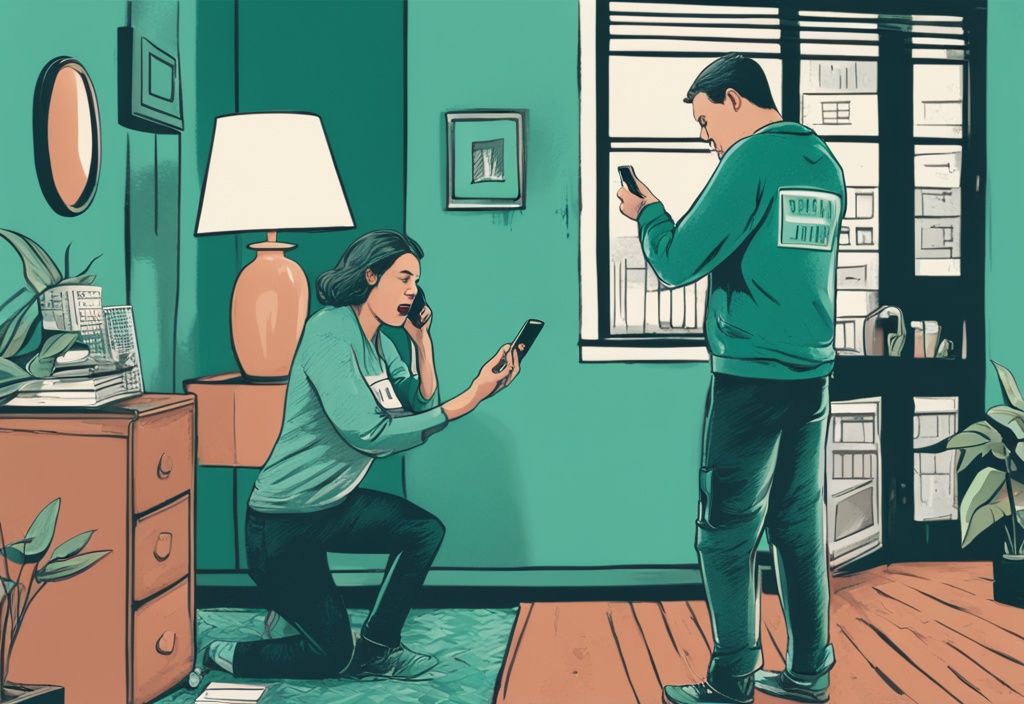
How to Communicate with Your Landlord About Unlawful Entry
Before considering any drastic measures, it’s important to communicate your concerns to your landlord directly. Approach the situation calmly and express your need for privacy. A polite conversation can often resolve misunderstandings and prevent future unauthorized entries. If verbal communication does not yield results, follow up with a certified letter. This letter should detail the unauthorized entries, express your concerns, and request that your landlord respect your privacy moving forward. Sending a certified letter provides formal documentation of your request, which can be useful if the situation escalates to legal proceedings.
By taking these steps, tenants can address unauthorized entries effectively and ensure their right to privacy is respected. If you’re interested in the differences between 2160p and 4k resolution, check out our in-depth comparison. If the issue remains unresolved, knowing when and how to escalate the matter, including the possibility of calling the police, is crucial.
When and How to Call the Police on Your Landlord
If you’re wondering, “can I call the police if my landlord enters without permission?” the answer is yes, under certain circumstances. If your landlord repeatedly enters your property without your permission and ignores your requests to stop, it may be time to involve law enforcement. Such behavior can be classified as harassment or trespassing, both of which are serious offenses.
Identifying Harassment or Trespassing
To determine if your landlord’s actions constitute harassment or trespassing, it’s essential to understand the definitions under your local laws. Repeated unauthorized entries can be deemed harassment, as they disrupt your peace and quiet enjoyment of the property. Unauthorized entry without a valid reason also qualifies as trespassing, which is entering someone’s property without permission. Knowing these definitions can help you articulate your case to the authorities effectively.
Immediate Actions to Take
If you feel threatened or unsafe due to an unauthorized entry, remove yourself from the situation immediately and call the police. Ensure you document the incident as soon as possible, noting the date, time, and nature of the unauthorized entry. When you contact the police, inform them about any previous unauthorized entries and your attempts to resolve the issue with your landlord. This information will help law enforcement understand the context and severity of the situation.
What to Expect When Calling the Police
When you call the police, be prepared to provide detailed information about the incident. This includes any documentation you have, such as written records, video evidence, or communication logs with your landlord. The police may visit your property to assess the situation and gather more information. Depending on the circumstances, they may issue a warning to your landlord or take further legal action. Understanding the process can help you navigate this challenging situation more effectively.
Legal Actions You Can Take Against Your Landlord
If your landlord continues to enter your property without permission, you have several legal avenues to explore. Understanding your rights and the appropriate steps can help you protect your privacy and take necessary action.
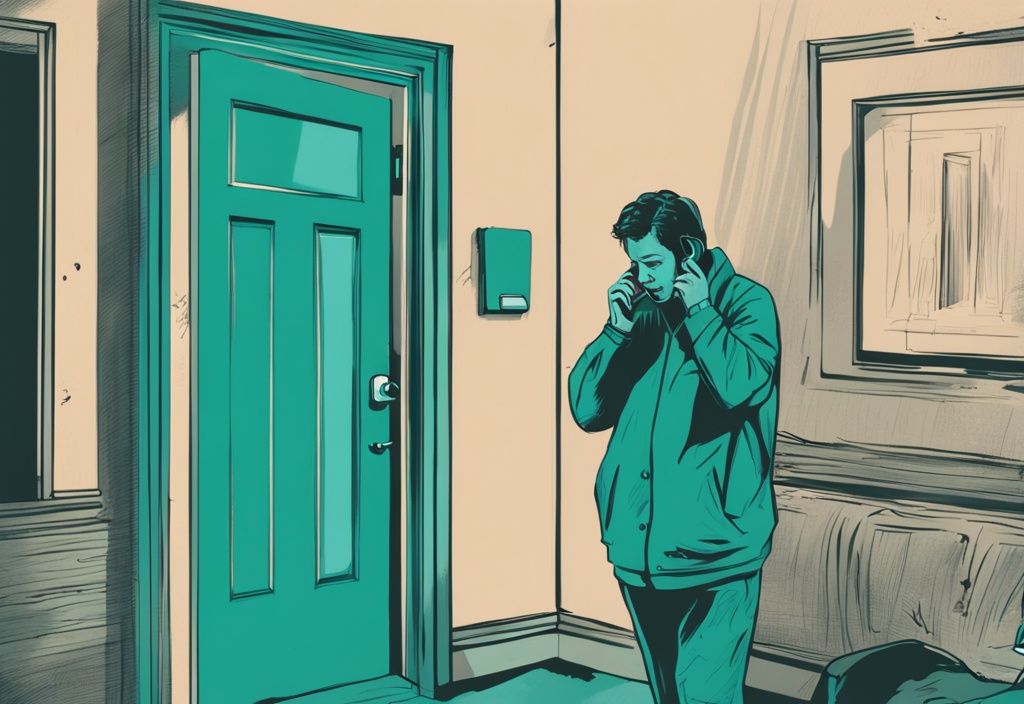
Breaking Your Lease Due to Unlawful Entry
Repeated unauthorized entries by a landlord can be grounds for breaking your lease. This is especially true if the entries violate your right to privacy and quiet enjoyment of the property.
The first step is to consult your lease agreement and local laws to understand the specific conditions and any potential penalties for breaking the lease. Document each instance of unlawful entry meticulously, as this evidence will be crucial if you need to justify your decision to vacate the rental property. Additionally, before taking this step, it’s advisable to send a formal notice to your landlord, clearly stating your concerns and the legal violations involved.
Suing for Invasion of Privacy
If unauthorized entries persist, tenants may consider suing for invasion of privacy. This legal action can result in financial compensation for any damages incurred due to the landlord’s unlawful conduct.
To build a strong case, keep thorough records of each incident, including dates, times, and any communication with your landlord. Seeking legal advice early in the process can help you understand the strength of your case and the potential outcomes. A legal expert can guide you through the necessary steps, from filing a complaint to presenting your case in court, ensuring that your rights are adequately protected.
Seeking a Restraining Order
In extreme cases where the landlord’s behavior constitutes harassment or poses a threat to your safety, you may seek a restraining order. This legal measure can prevent the landlord from coming near your property or contacting you.
To obtain a restraining order, you’ll need to provide evidence of the landlord’s repeated unauthorized entries and any other forms of harassment. This process typically involves filing a petition with the court and may require a hearing where you present your case. A restraining order can offer immediate protection and peace of mind, ensuring that your landlord cannot continue their intrusive actions.
By understanding these legal actions, tenants can take proactive steps to protect their rights and ensure their living environment remains private and secure. If you find yourself asking, “Can I call the police if my landlord enters without permission?” knowing these options can provide a clear path forward.
FAQ
What should I do if my landlord enters without permission?
Document the incident meticulously. Note down dates, times, and gather any evidence you can. Talk to your landlord about the issue and firmly request that they respect your privacy. If the problem continues, you might need to consider legal action or contacting the police. Think of it like setting boundaries with a neighbor—clear communication is key, but sometimes you need to escalate.
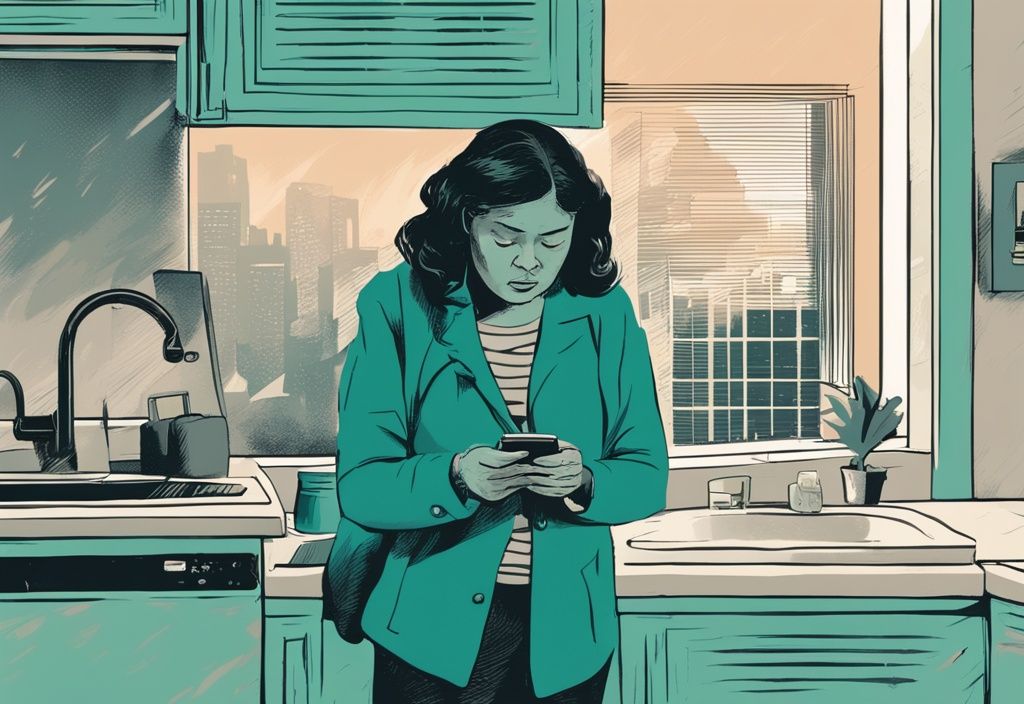
When is it appropriate to call the police on my landlord?
Call the police if your landlord repeatedly enters without permission, especially after you’ve asked them to stop. It’s also crucial to call if you feel unsafe due to an unauthorized entry. Unauthorized entry can be more than just a nuisance; it can be harassment or even trespassing. Imagine someone breaking into your home—your landlord doesn’t get a free pass just because they own the property.
What legal actions can I take against my landlord for unauthorized entry?
You have several options. You might be able to break your lease if the unauthorized entries are persistent. Suing for invasion of privacy is another route. In some cases, you can seek a restraining order against your landlord. Always check your local laws and consider consulting a legal expert to get specific advice tailored to your situation. Think of it as building a legal fence around your home—sometimes you need professional help to make it sturdy.
Conclusion
Tenants have a fundamental right to privacy in their rented homes, and understanding the legality surrounding landlord entry is crucial. Unauthorized entry by a landlord can be considered trespassing or harassment, both of which violate tenant rights. If you’re wondering, “can I call the police if my landlord enters without permission?” the answer is yes, especially if the unauthorized entries are persistent and after you’ve asked them to stop.
The first step for tenants should be to document each incident meticulously. Keeping a record of dates, times, and any evidence, such as video recordings, can be pivotal. This documentation is crucial for any future legal actions and can substantiate your claims if you need to escalate the matter.
Communication is equally important. Before involving law enforcement, try to resolve the issue directly with your landlord. A polite conversation or a certified letter can sometimes rectify the situation without further complications. However, if these attempts fail and unauthorized entries continue, you may need to take legal action.
Legal remedies include breaking your lease due to repeated invasions of privacy or suing your landlord for invasion of privacy. Both options require a thorough understanding of your lease agreement and local laws. Consulting with a legal expert can provide invaluable guidance and improve your chances of a successful outcome.
Understanding local laws and seeking legal advice are essential steps to navigate these situations effectively. Knowing your rights and the appropriate actions to take can empower you to protect your privacy and live peacefully in your rented home.
I’m James Albright, a home security expert with over 15 years of experience, and I’m passionate about helping families protect what matters most. After serving as a police officer, I transitioned to security consulting to share my hands-on knowledge and practical tips. My mission is to make home security simple and reliable by offering clear, no-nonsense advice and easy-to-follow guides. When I’m not reviewing the latest security tech or writing, I’m out in the community leading neighborhood watch programs and, most importantly, keeping my own family safe.
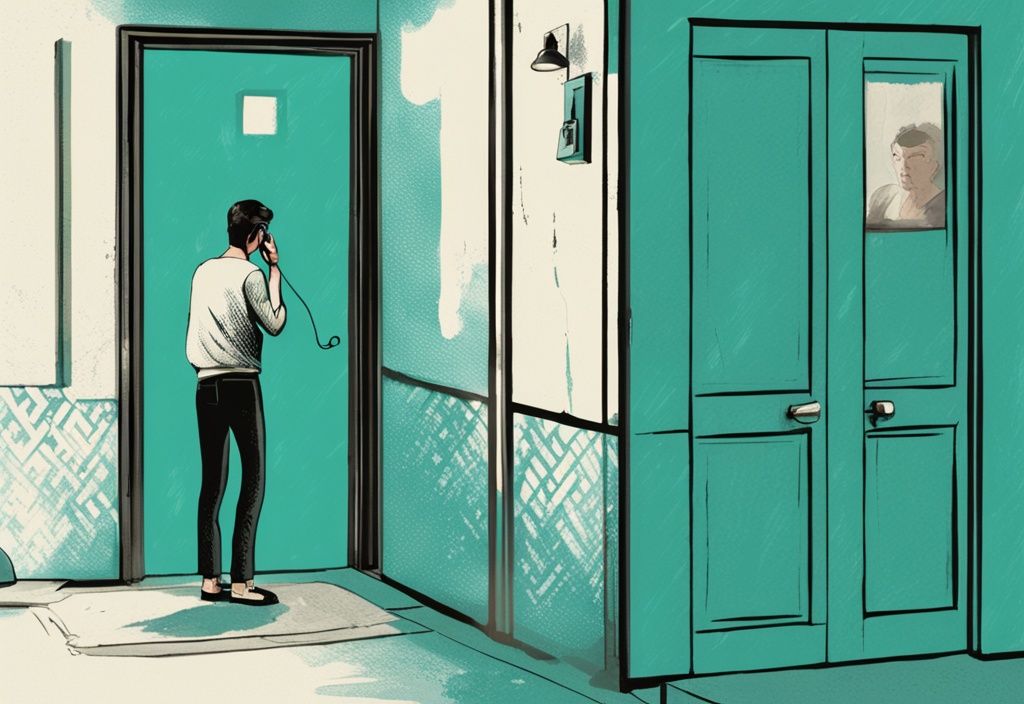
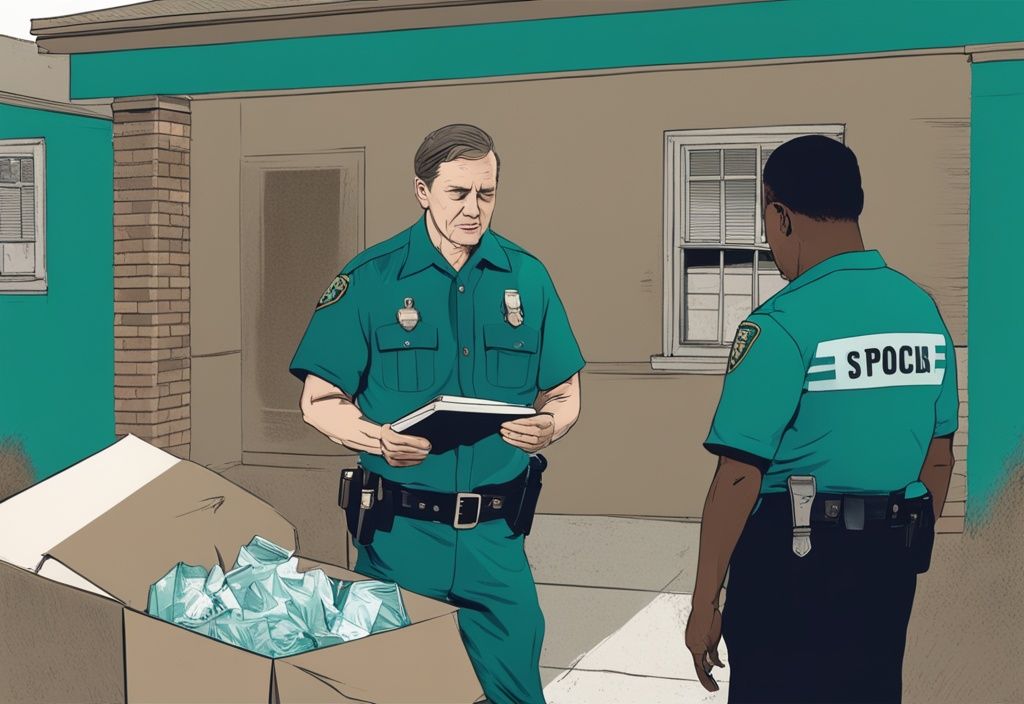



Post Comment